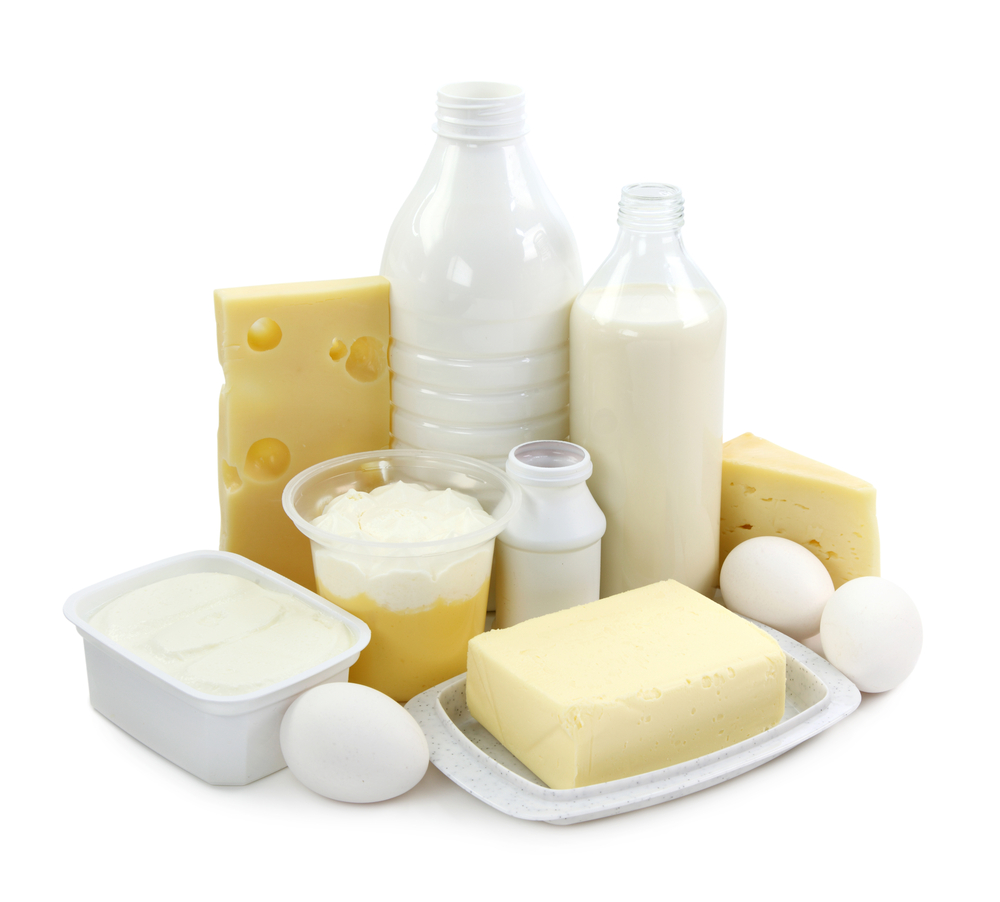According to research, most Americans are getting the required protein they need on a daily basis, to overall, build muscle tissues and make you stronger. In fact, it may be true that many American adults are getting too much protein, and this could result in extra calories.
In addition to excess weight gain, too much protein can increase pain associated with arthritis, according to joint pain cause, set forth by the professionals in the field.
Protein is an essential nutrient that is critical for the body to function properly, so the question remains: how much protein do you need every day? Women are encouraged to get about 45 grams of protein a day, and men should aim for 55 grams. 10 to 35 percent of a day’s caloric intake should come from protein.

The Center for Disease Control and Prevention (CDC) has said, that just three servings of a protein-rich food, will have a person easily reaching this goal. A serving-size sample of protein would look like:
1. Three-ounce piece of meat (about 20 grams of protein). An eight-ounce piece of meat that is the usually served in a restaurant will yield 50 grams of protein.
2. A cup of milk has 8 grams of much-needed protein.
3. Eight ounces of dry beans have 16 grams of protein.
4. Greek yogurt or cottage cheese.
It is important to note, that not everyone has the same protein requirement needs and adjustments need to be made accordingly.
-
Pregnant and women, who are breastfeeding, are one example of individuals who have special protein needs, as these women should be getting an addition ten (10) grams of protein, on a daily basis. To support a production of milk, women who are nursing should be getting an additional twenty (20) grams. To boost Vitamin D and calcium intake (which is vital for bone health in both mommy and baby), pregnant women are encouraged to get about 15 grams of protein from a low-fat dairy source.
-
Common types of arthritis are affected by the amount of protein that is consumed. For example, gout can worsen when there is too much protein (such as fish or meat). Rheumatoid arthritis can be triggered and made worse, depending on the type and amount of food consumed.
-
Athletes are another group of individuals that require an adjustment in their protein intake. Physical activity breaks down muscle, and protein is needed to repair these muscles. The amount will depend on the intensity and frequency of workout sessions. A marathon runner, for instance, will need 50% more protein than a person that does little or no daily exercise.
-
Vegans are individuals who do not eat animal-based products, and they get most of their protein from beans.
When protein is used in an effective manner, a dieter can lose weight in a sensible manner. Protein-based foods are usually more filling, so hunger is delayed, and this makes it easier to stick with a healthy weight-loss program. Remember, to be successful at shedding pounds, count calories, be mindful of portion sizes, and incorporate exercise into your daily routine.
Protein supplements are usually not necessary, because protein can easily be acquired by food consumed. Some of the best food sources of protein include skinless poultry, fish, low-fat dairy products, and red meats with little marbling. Soy-based foods, such as green soybeans (edamame) and tofu are also good sources of protein. Processed foods, such as lunch meats, hot dogs, and bacon are not recommended to be a good source of protein.
Beans are an inexpensive, healthy and versatile food that is an excellent healthy protein source. The problem is that many plant-based proteins lack some important amino acid building blocks, but this can be easily fixed by combining a plant-based protein with a carbohydrate. Rice and beans, as well as a combination of hummus and pita bread, are excellent examples of how to get total essential amino acids found in animal proteins.
Conclusion:
To keep your protein consumption in check, simply remember that protein should be no more than one-third of your plate. Another important tip would be to eat a small amount of protein at every meal, so as not to overload your body all at once.
